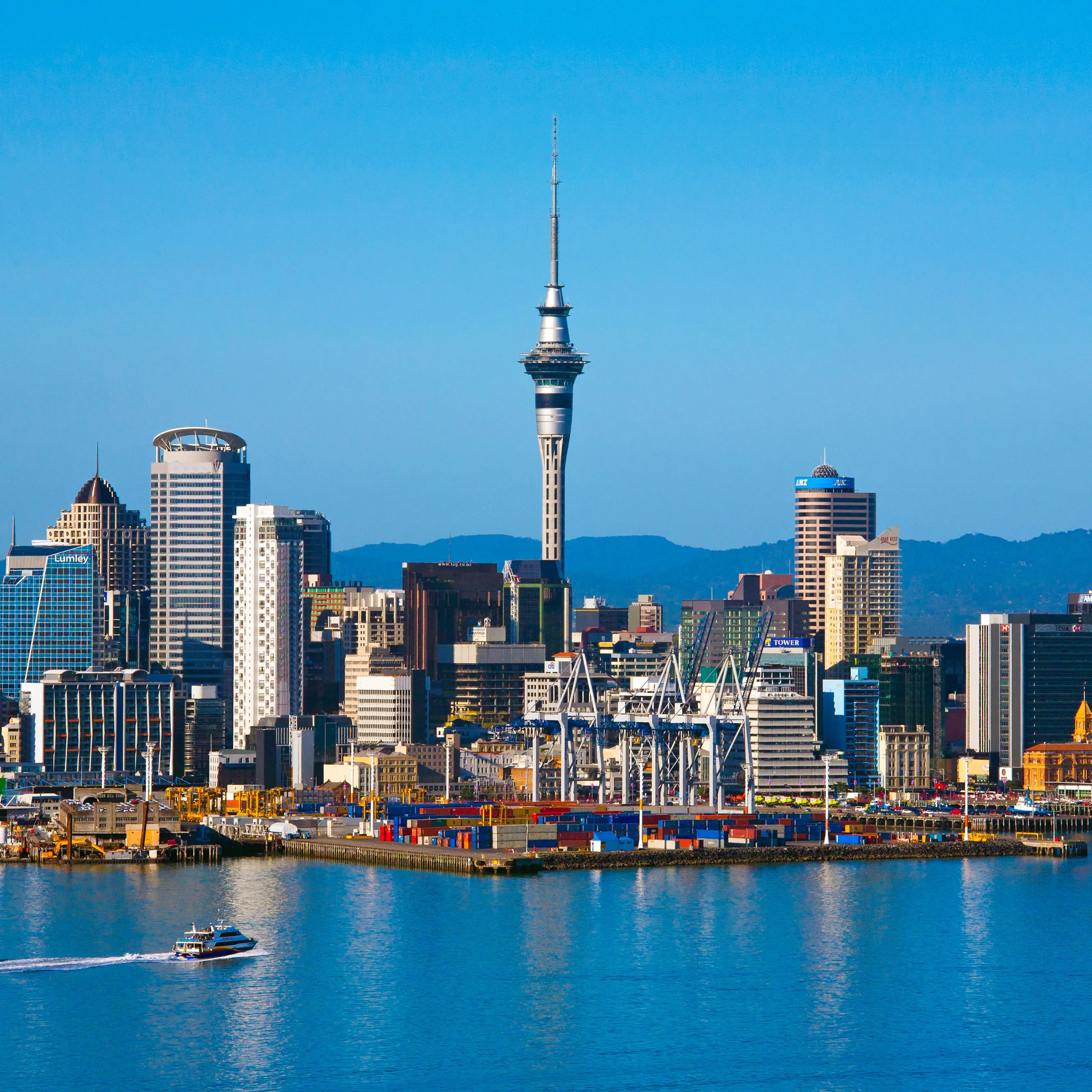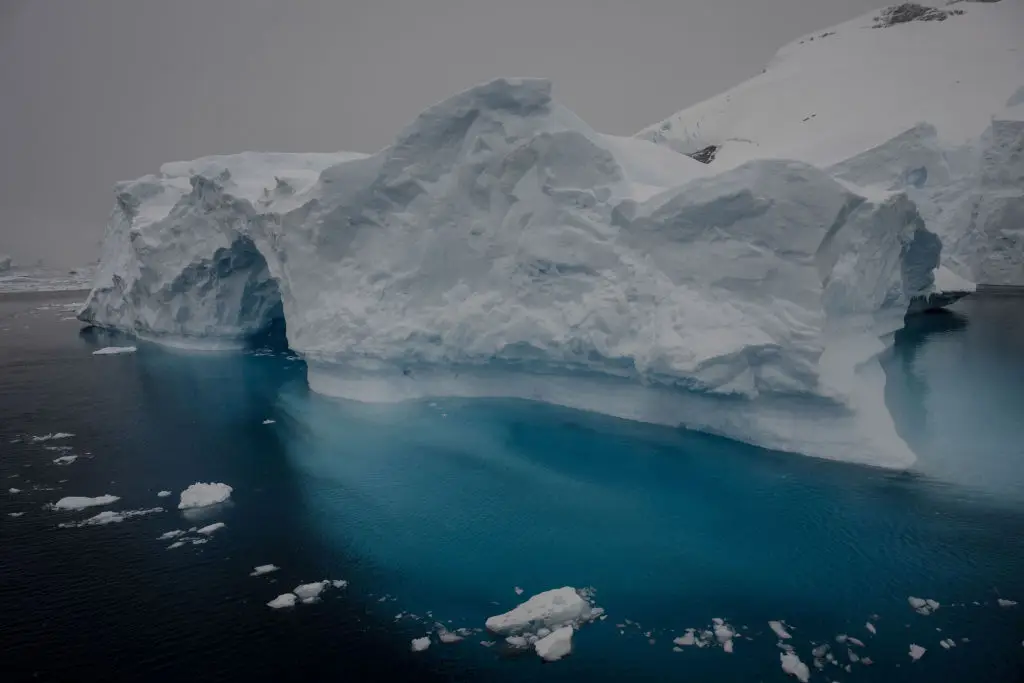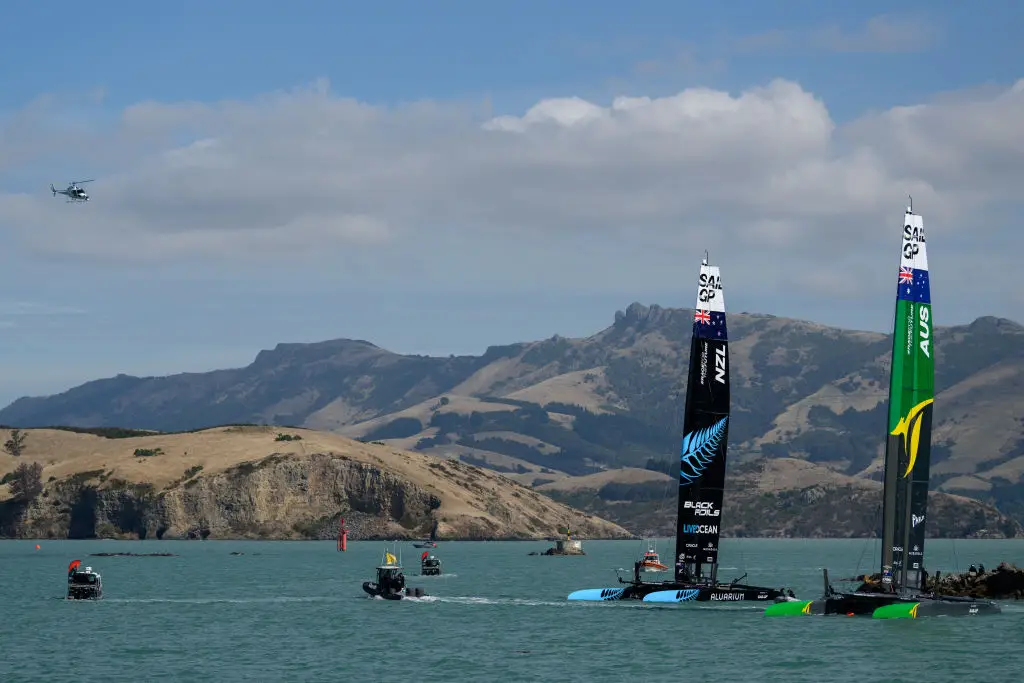
Some of our planet's major cities are current at risk of sinking into the ocean due to a number of key factors, and scientists have sounded an alarm to highlight concerning underwater activity that might be at the root of it all.
Climate change has a number of devastating and sometimes bizarre effects on the world, as an increase in global temperatures could pose a threat of wiping out humanity in the near future, and it also could impact the health of your eyes as a strange side effect.
Researchers have even urged that global warming could play a primary role in the increased spread of deadly fungus around the world, and highly protected doomsday vaults are even suffering from the effects of increased temperatures.
One area that poses the biggest threat following the effects of climate change though is sea levels, as global warming is rapidly causing water in the ocean to rise at an alarming rate.
Advert

First and foremost this is down to the melting of ice sheets in areas like Antarctica, which adds an unprecedented amount of water to the already growing ocean, but the expansion of water through heat is also allowing sea levels to rise at a much faster rate.
As reported by Forbes, nearly half of the global sea level rise since 1880 has occurred in the last 30 years, and that's largely a consequence of the devastating effect that widespread burning of fossil fuels has had on the environment.
This puts the lives and homes of close to 1,000,000,000 people worldwide in danger, as a large part of the world's population lives within 10 km of a coastline and thus would feel the effects of rising sea levels.
One particular area at risk though appears to be New Zealand, as outlined by a new study published in the New Zealand Journal of Geology and Geophysics, highlighting the particular danger that coastal strips such as Auckland, Tauranga, Wellington, Christchurch, and Dunedin face in the near future.
While climate change is certainly playing a significant role in the rising sea level, this new research indicates that perhaps a greater contributor to the risk of cities going underwater is actually due to the ground itself sinking.
This is primarily caused by human activities such as groundwater extraction, dredging, and land reclamation, but can also be a consequence of natural events like tectonic shifts.
Similar effects have been shown in high-rise buildings along the Miami coastline, which point towards an alarming rate of subsidence that could pose a threat to the structural integrity of buildings in the future.

Dr Jesse Kearse of Kyoto University indicates that activities that lead to sinking can "potentially double or triple the effects of sea-level rise in certain places," and somewhere like Christchurch is a prime example of that.
The development of Naval Point in Lyttlelton, for example, involved a process where the area was reclaimed by filling it up with very fine-grained material, which started the subsidence far earlier than expected.
This particular area is currently sinking at a rate of around 6.5 mm per year, and if it continues this would equate to 65 cm of sinkage across a century, which would almost definitely cause the city to go underwater.
